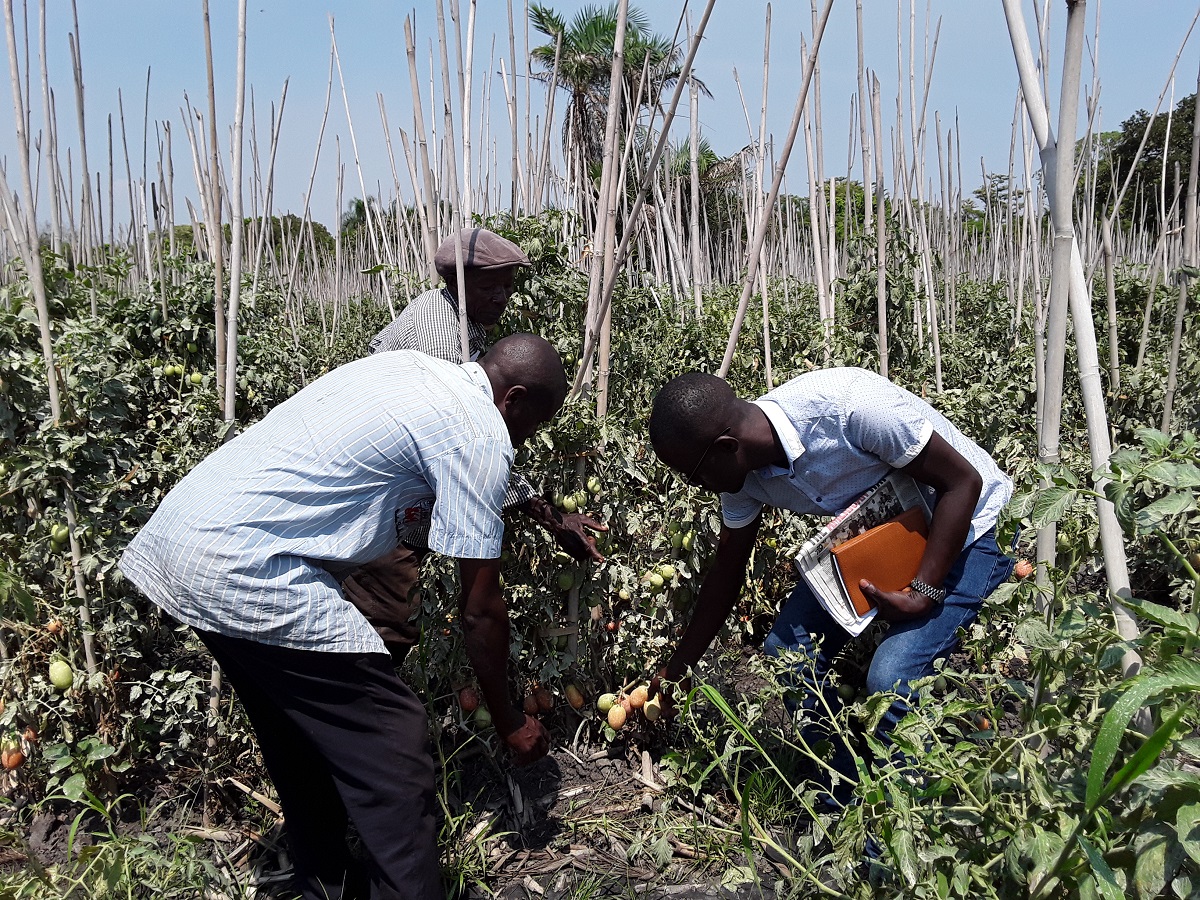
Sustainable agricultural development is a strong factor in stimulating growth, reducing poverty and enhancing food security. Enhancing agricultural productivity is also vital for spurring growth in other parts of the economy. With over 13 years of experience, GSI has a proven capacity to successfully implement large, multi-sector programmes covering agriculture, food systems, nutrition, and rural development in Uganda and other African Countries.
GSI provides consulting services in agricultural policy; Agribusiness development and food marketing; Agricultural production and marketing; Extension services; Community development; rural small and micro business development, and Food security. GSI also promotes efficient agricultural services by focusing on developing and strengthening food and non-food value chains in agribusiness.
Farmers still face enormous hurdles in gaining access to markets and inputs. GSI works to create an enabling environment to boost agricultural productivity by linking farmers to markets more effectively through targeted investments in market places, rural roads, market information, and increasing access to finance. Furthermore, GSI provides technical assistance to agricultural projects ranging from institutional support to training of farmers' organisations, encompassing soil and water protection, agricultural extension and marketing and applying a variety of agro ecological approaches that consider both ecological and social aspects of agricultural production. GSI also promote producer groups, associations and cooperatives by facilitating production clusters and local value chains and connecting these to international supply links. Similarly, GSI experts assist public and private service providers and small enterprises in rural areas by facilitating small-scale credit programs or linking farmers to microfinance institutions.
By virtue of its long-standing experience in the
irrigation sector, GSI is actively involved in the planning, design,
implementation and management of numerous irrigation systems in Uganda. Today, irrigated agriculture is regarded
as a pivotal means in the fight against hunger and poverty. Key elements of new
strategies and concepts for sustainable irrigation management are: (i) a
stronger participation and involvement of water users in the planning and
implementation process, (ii) rigorous emphasis on operational aspects already
in the design phase, (iii) investment in modern water saving technologies
(water use efficiency), (iv) optimization of operations and maintenance of
irrigation schemes and (v) the introduction of transparent water tariffs.